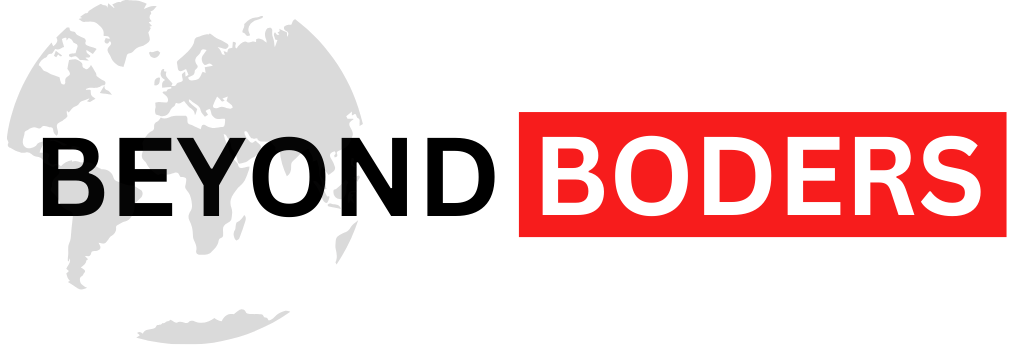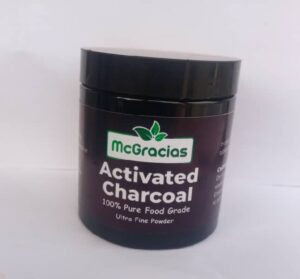The United States government has criticised Nigeria for banning the importation of 25 items.
According to the US, these restrictions are making it hard for American businesses to sell goods in Nigeria.
This complaint came shortly after former US President Donald Trump placed new tariffs (extra taxes) on goods entering America. Nigeria’s exports now face a 14% tariff under this new rule.
In a post shared on Monday through X (formerly Twitter), the US Trade Representative (USTR) said American companies are being treated unfairly. The USTR explained that the banned items affect U.S. businesses that sell things like meat, fruit juice, medicine, and drinks.
“These policies create significant trade barriers that lead to lost revenue for U.S. businesses looking to expand in the Nigerian market,” the USTR said.
Back in 2016, Nigeria’s government banned 25 items to reduce foreign imports and promote local production. These include:
– Frozen poultry, pork, beef, and bird eggs
– Refined vegetable oil, sugar, cocoa products, spaghetti, and fruit juice
– Bottled water, soft drinks, beer, cement, medicine, and soap
– Used tyres, plastic bathroom items, paperboards, mosquito coils, and phone recharge cards
Recently, on March 26, 2025, Nigeria also announced plans to stop importing solar panels. The government said it wants to support local industries and promote clean energy.
Nigerian Government Reacts to Global Tariff War
On Monday, Nigeria’s Minister of Finance and Economy, Wale Edun, said the government is reviewing the effect of the global tariff war on Nigeria.
“We are going to the drawing board to look at the scenarios that may play out if the current tariff situation is prolonged.
“For Nigeria, in terms of exports, it’s not too bad because oil minerals are excluded by America from being in any way sanctioned with with tariffs. But based on our non-oil exports and based on the formula that the Americans are using, we do have a 14% tariff on our exports.”
He added that compared to countries like Vietnam—which faces a 46% tariff—Nigeria’s situation is better. He also said Nigeria is open for business and could be a good place for American companies to manufacture their goods.
Dr. Jumoke Oduwole, Nigeria’s Minister of Industry, Trade and Investment, also shared her concerns. She said the 14% tariffs from the US could negatively affect Nigeria’s non-oil exports, which include items like fertilizer, lead, nuts, flour, and live plants.
She warned that small businesses relying on old US trade benefits (like the African Growth and Opportunity Act, AGOA) will struggle with the new tariffs. Rising costs and fewer orders from US buyers may make things worse.
She said Nigeria is now working to improve the quality of its exports to meet international standards and access more global markets.
“These measures present destabilising challenges to price competitiveness and market access, especially in emerging and value-added sectors vital to our diversification agenda,” Dr. Oduwole said.




